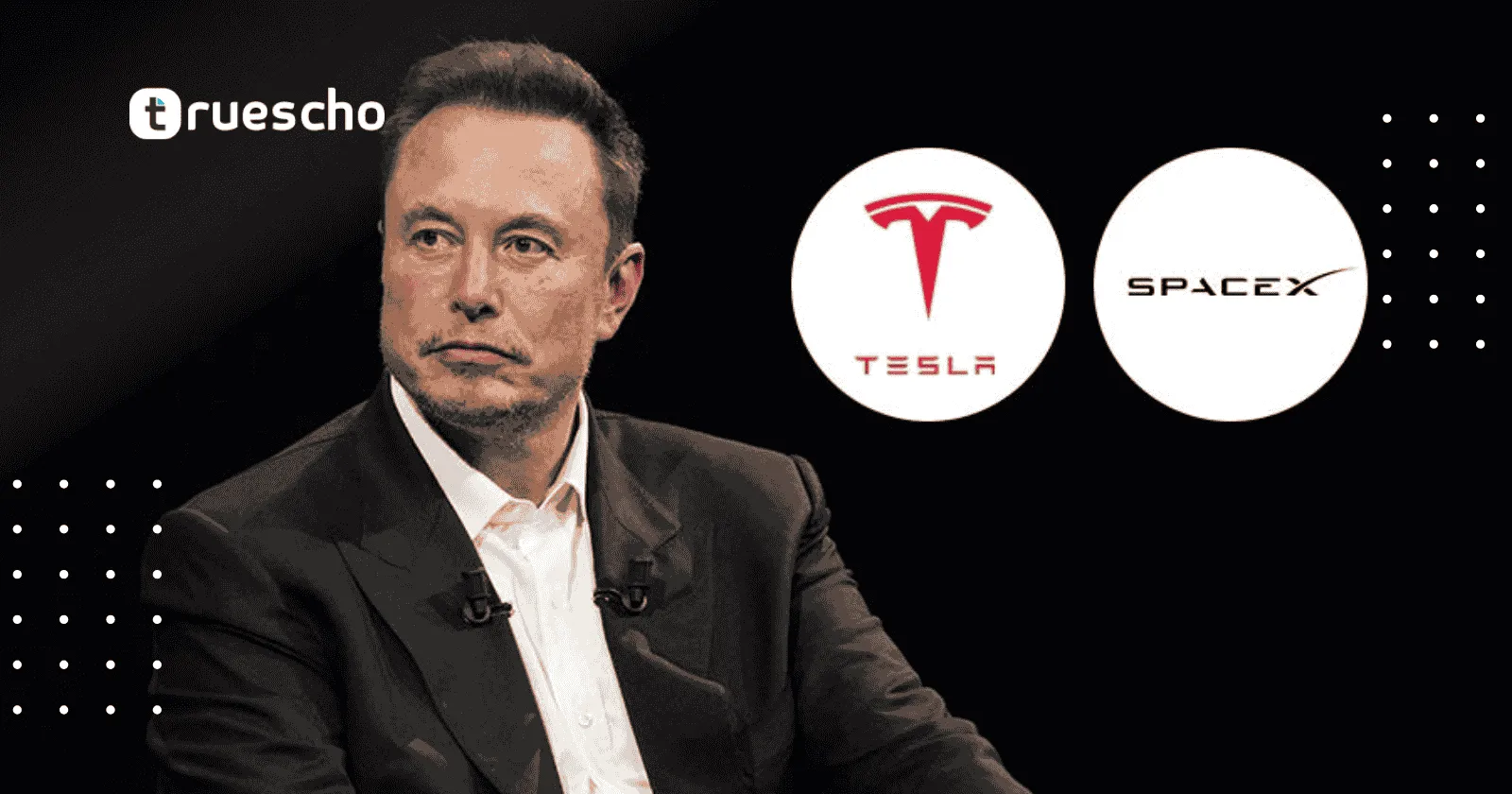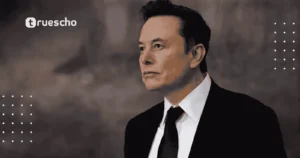Elon Musk DOGE leadership likely violates Constitution’s appointments clause
Table of Contents
Understanding the Constitutional Implications
The U.S. Constitution outlines strict procedures for appointing officers who exercise significant executive power. In this case, Judge Chuang’s opinion builds on the argument that Elon Musk has, in fact, taken on the authority of the head of DOGE without a constitutionally valid appointment. Some of the key points include:
- Misrepresentation of Role: Despite labeling Musk’s position as an advisory one, his actions indicate he is effectively running DOGE.
- Unauthorized Decision-Making: Decisions such as the shutdown of USAID operations have been categorized as actions that only a duly appointed officer could execute.
- Public Statements and Evidence: The opinion cites multiple statements from Musk and associated political figures that bolster the argument of an overstepped executive role.
Judge Chuang stated, “Musk has exerted actual authority at USAID that only a properly appointed Officer can exercise.” This analysis underlines the legal boundary between an advisory position and one with enforceable executive authority, bringing into question the adherence to constitutional protocols.
Read also: Nvidia investment in autonomous vehicles
The USAID Shutdown Controversy
One of the most controversial actions attributed to Musk was the shutdown of certain operations at the United States Agency for International Development (USAID). According to the judge, such drastic steps—allegedly executed by Musk—are likely unconstitutional. In striking terms, the opinion refers to Musk’s description of the agency being “thrown into the wood chipper,” emphasizing the severity of the measures taken. This unilateral decision-making process not only highlights questions about executive overreach but also raises serious concerns about the effective checks and balances inherent to U.S. governance. The USAID episode serves as a stark case study of how the misinterpretation or misapplication of advisory power can evolve into a de facto leadership role that contravenes constitutional mandates.
Legal and Political Repercussions
Following the judge’s opinion, there is growing turbulence in the administrative and political arenas. Here are some of the broader ramifications:
- Judicial Intervention: Judge Chuang has ordered the restoration of several USAID operations and imposed restrictions on Musk and the DOGE team from further dismantling the agency’s functions.
- Executive Branch Tensions: With the recent political climate, high-ranking officials have expressed divergent views on the implications of such judicial rulings.
- Calls for Impeachment: Some political figures have controversially suggested that judges issuing unfavorable rulings should face impeachment. However, these statements have drawn sharp criticism from legal authorities, including a rare public statement from Chief Justice John Roberts.
Chief Justice Roberts reminded everyone that for over two centuries, impeachment has not been considered an appropriate reaction to judicial decisions. Instead, he emphasized that the established appellate review process is designed to address any disagreements over legal rulings. This reinforces the principle that the judiciary should remain insulated from partisan or politically motivated responses.
The Future of DOGE Leadership and Constitutional Accountability
The recent legal developments underscore a broader debate about executive power and accountability in modern government. Several questions emerge from this controversy:
- How will the government ensure that individuals exercising significant influence over federal agencies are properly vetted and legally appointed?
- What measures should be taken if advisory roles effectively transform into leadership roles with executive power?
- How will the interplay between judicial rulings and executive actions shape governance in years to come?
These questions strike at the heart of constitutional interpretation in a rapidly changing political environment. As administrators and legal experts continue to scrutinize the decisions made under the DOGE banner, the implications could resonate well beyond USAID and DOGE. The situation calls for a renewed commitment to transparency, adherence to constitutional mandates, and an enduring respect for the rule of law.
Key Takeaways for Readers
While the ruling against Musk’s actions centers on a legal technicality, its ramifications are broadly felt in discussions of executive overreach and constitutional fidelity. Here are several points for readers to consider:
- Separation of Powers: The decision reinforces the importance of maintaining clear boundaries between different branches of government to prevent conflicts of authority.
- Importance of Due Process: Any changes in the leadership structure of government agencies must follow clearly defined legal procedures to ensure accountability.
- Impact on Policy: Straying from constitutional norms may have a ripple effect on administrative policies and public trust in government institutions.
- Global Implications: The controversy over the DOGE leadership is being closely monitored worldwide, as it could set precedents for the use of executive power in other nations.
For those following this evolving story, it’s essential to remain informed and critically examine how leadership in public agencies is being redefined in modern politics.

Additional Tips for Staying Informed
Given the complexity of this legal matter and its broad implications, here are some tips to help readers navigate similar issues in the future:
- Follow Reliable News Sources: Stick with established and reputable news outlets to get accurate updates on legal and political stories.
- Engage with Legal Analysis: Consider reading detailed legal opinions and analyses to better understand the constitutional arguments at play.
- Monitor Political Developments: Keep an eye on how administrative actions are scrutinized by both the judiciary and political figures.
Conclusion
The recent judicial opinion regarding Elon Musk’s role in the DOGE initiative has ignited substantial discussion over the constitutional limits of executive power and the proper appointment of government officials. The case exemplifies the tension between innovative leadership strategies and the long-established legal frameworks that safeguard democratic institutions. While the long-term outcomes of this controversy remain uncertain, the decision serves as a critical reminder of the importance of maintaining constitutional order and the careful delineation of authority. As developments continue, both legal experts and the public will be watching closely to see how these issues are resolved—and what that means for the future of government efficiency and accountability.




